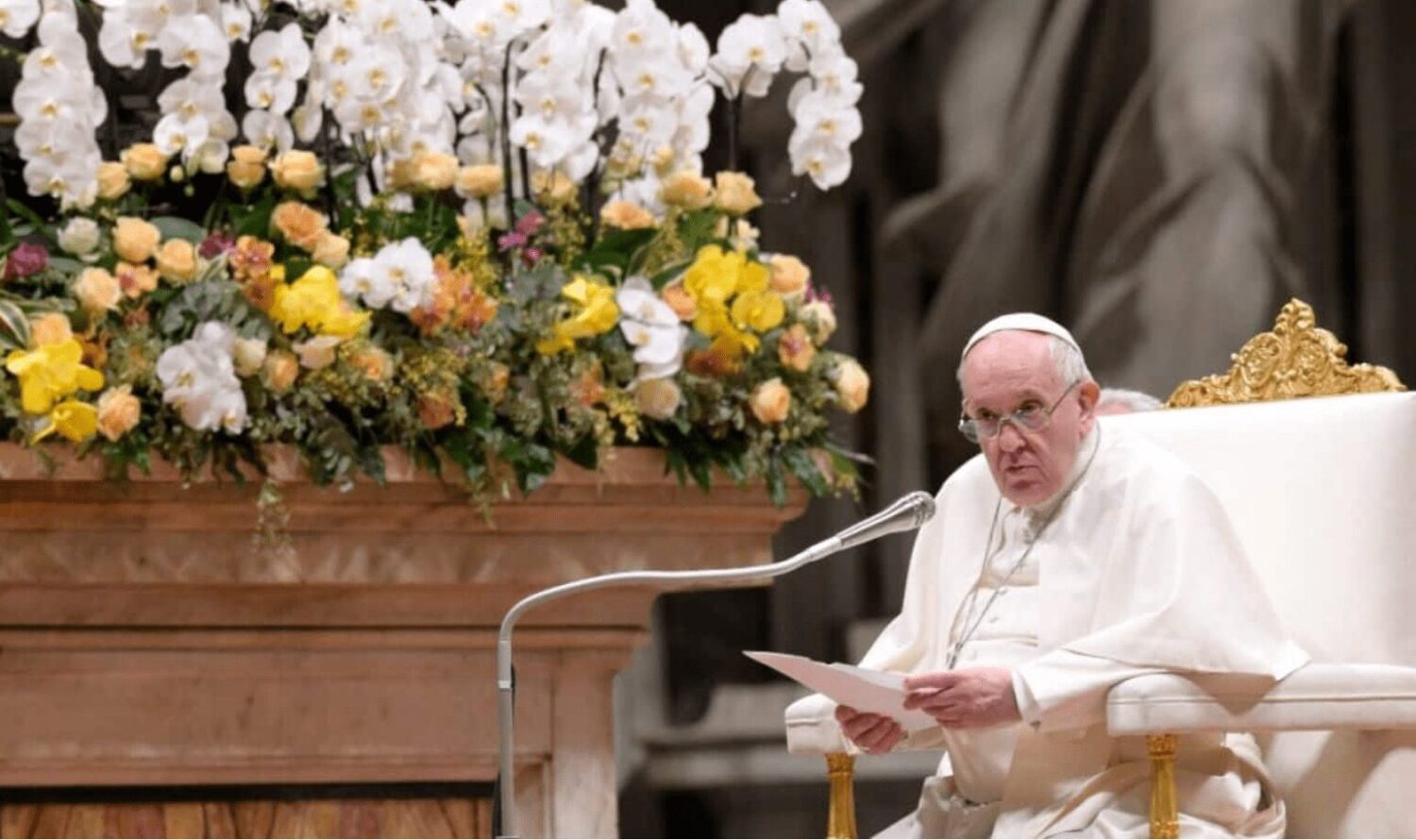Europe’s political landscape is a complex tapestry of power plays and shifts, where the fate of nations and the future of the European Union are interwoven. As the continent grapples with various challenges, from the ongoing Brexit saga to the rise of populist movements, the dynamics of power are constantly evolving. In this article, we will explore the key players and trends shaping Europe’s political landscape, shedding light on the intricate web of alliances and rivalries that define the continent’s political future.
Rising and Falling: Shifting Tides in European Politics
The European political scene has witnessed significant shifts in recent years. Traditional powerhouses have found themselves losing their grip, while new forces are emerging on the scene. One prime example is Germany, which has long been Europe’s economic and political powerhouse. However, the country’s political landscape has been rocked by the decline of traditional parties, such as the Christian Democratic Union (CDU) and the Social Democratic Party (SPD). The rise of the Alternative for Germany (AfD), a right-wing populist party, has further fragmented the political spectrum, challenging the status quo.
Meanwhile, in countries such as France and Italy, traditional parties have faced a similar fate. France’s political landscape has been reshaped by the arrival of Emmanuel Macron and his En Marche! movement, which has disrupted the traditional two-party system. Italy, on the other hand, has seen the rise of the Five Star Movement, a populist and anti-establishment force that has shaken the foundations of the country’s political establishment. These shifts not only reflect a growing disillusionment with traditional politics but also highlight the increasing fragmentation of European societies.
In addition to internal changes within individual countries, Europe’s political landscape is also being shaped by external forces. The rise of Euroscepticism and the surge of populist movements have challenged the European Union’s unity and cohesion. Brexit, in particular, has been a seismic event that has sent shockwaves throughout the continent, prompting a reevaluation of the EU’s future and the balance of power within it. The departure of one of the EU’s largest member states has not only weakened the Union but has also emboldened other Eurosceptic movements across Europe, who now see an opportunity to challenge the established order.
===
Unraveling Europe’s political landscape requires a keen understanding of the power dynamics at play. From the rise of populist movements reshaping traditional parties to the external challenges facing the European Union, the continent is undergoing a period of profound transformation. As we move forward, it is imperative to closely monitor these power plays and shifts, as they will ultimately shape the future of Europe and its place on the global stage. Only by gaining a deeper understanding of Europe’s political landscape can we navigate the challenges and opportunities that lie ahead.
















